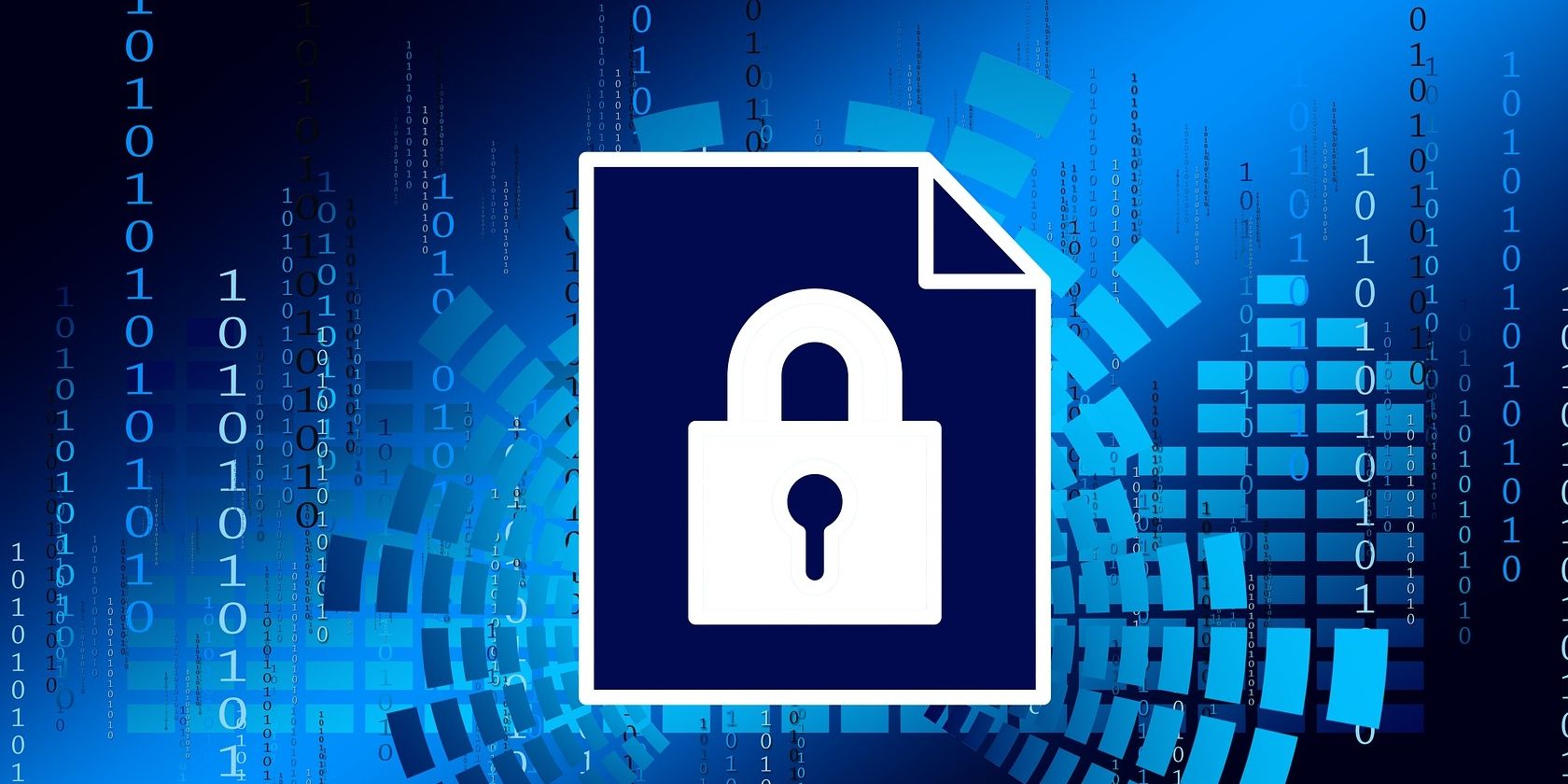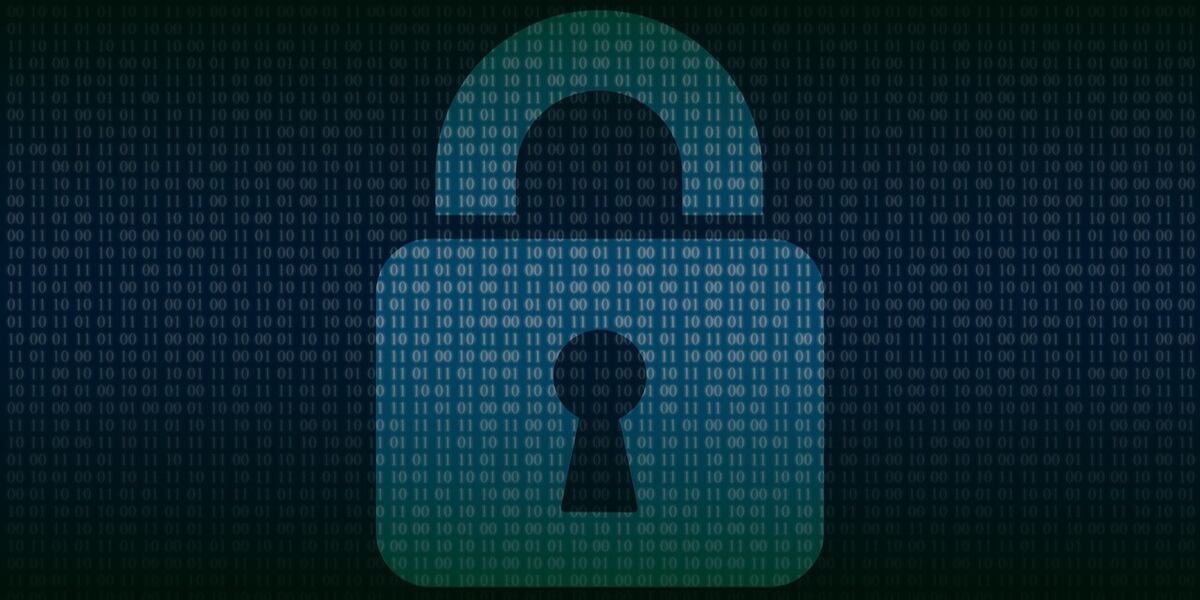All businesses are targets for hackers; business that don't protect themselves properly are particularly attractive. The cost of a successful cyberattack is the theft of private information and/or the disruption of business activities.
Security staff are an important line of defense against such threats. In order to make the most out of security staff, many businesses opt to implement a SOC, or security operations center.
So what is a SOC, and does your business need one?
What Is a SOC?
A SOC is a centralized unit within a business that is responsible for all aspects of cybersecurity. It often occupies an independent location within a business premises but some SOCs are virtual and even entirely outsourced.
A SOC monitors the entirety of a business's network and anything connected to it. It is in charge of improving overall defense and reacting to any attacks that occur.
What Does a SOC do?
SOCs vary widely in terms of sophistication. Most SOCs, however, perform the numerous important functions.
Network Monitoring
A SOC is responsible for monitoring the entire network for suspicious activity. This will primarily be done using automated tools such as a SIEM. SOC staff also monitor how a network is used, and attempt to manually identify suspicious activity.
Vulnerability Patching
A SOC is in charge of identifying vulnerabilities in a network and fixing them. This involves keeping software updated and making sure that all staff are following security procedures. It may also involve changing how a system is designed to make it more difficult to attack.
Alert Management
All alerts generated by security software are managed by the SOC. Due to the amount of alerts generated by such software, this involves ranking them according to importance, and deciding which ones to act upon.
Incident Response
When a security incident occurs, the SOC is responsible for responding to it. This involves identifying the threat and taking necessary measures to mitigate it. In the event of a hack, the SOC will be in charge of getting the attacker out of the system.
System Restoration
If an attack is successful and the network is impacted, the SOC is responsible for restoring everything. This may include recovering data and fixing anything that has been taken offline. The SOC is also responsible for examining all systems and determining what has been compromised.
Threat Analysis
After a successful attack, the SOC analyzes what occurred and looks for ways that the attack could have been prevented. Any weaknesses discovered are then noted.
Overall Security Improvements
The SOC is responsible for using all of the information that it collects to improve overall security. Any lessons learned from successful attacks are incorporated into the network's design to prevent similar hacks from happening in future.
Compliance with Regulations
All businesses are required to comply with cybersecurity regulations, in particular with regard to how private information is stored like General Data Protection Regulation (GDPR). A SOC is responsible for making sure that a business complies with such regulations.
What Staff Work in a SOC?
A SOC consists of different types of security staff working together. Typical roles include an SOC manager, analysts, an architect, and auditor.
What Is a SOC Manager?
All SOCs have a single person in charge of how the SOC is run. This person is responsible for managing staff and ensuring that all security best practices are carried out properly.
What Are Security Analysts?
A SOC will have various security analysts who are in charge of reducing, investigating, and responding to security incidents.
What Is a Security Architect?
A SOC architect is in charge of designing a business's security system and deciding what programs and hardware are used.
What Is a Compliance Auditor?
A compliance auditor is in charge of making sure that a business is compliant with all security and privacy regulations.
What Are the Advantages of a SOC?
Implementing a SOC is an expensive process, but it offers a number of advantages. The cost of a SOC should also be compared to the potential price of a security breach.
Incident Reduction
Implementing a SOC should reduce the rate at which security incidents occur. It doesn't offer complete protection against them but guarantees that all steps necessary to protect a business are being taken.
Faster Incident Response
A SOC ensures that all security incidents are responded to quickly. Having multiple staff members available ensures that incidents are dealt with efficiently.
Lower Cost of Incidents
A SOC should reduce the amount of damage caused by a security incident. By getting an attacker out of the network quickly, they are less likely to be able to steal information or cause downtime.
Additional Knowledge
Having a range of staff members ensures that there is more knowledge available to a business about the security landscape and the threats that a company faces.
Improved Reputation
Implementing a SOC allows customers and employees to know that a business takes security seriously. Publicizing the presence of a SOC may also discourage any hackers looking for an easy target.
What Are the Different Types of SOC?
A SOC can be implemented in many different ways, using both permanent staff and outside vendors.
- Physical SOC: A dedicated security team that is physically located on the business premises. This is the most expensive option but also potentially the most effective.
- Virtual SOC: A dedicated security team that is not physically located on business premises. It performs the same function as a physical SOC, but uses remote staff.
- Co-managed SOC: A dedicated security team that works in conjunction with staff from a SOC provider. This is cheaper than having an entirely dedicated team because all positions don't need to be filled. It also allows a business to choose from a greater pool of talent.
SOC Offers Superior Protection at a Price
A SOC offers a dedicated security team that works solely on keeping a business protected from cyberattacks. In doing so, it offers a lower likelihood of successful attacks and better handling of any that do occur.
A SOC is not suitable for all businesses. The staff required make it an expensive process and not suitable or practical for a small business with a limited budget. For a large business, however, the added protection it offers may be worth the price.




